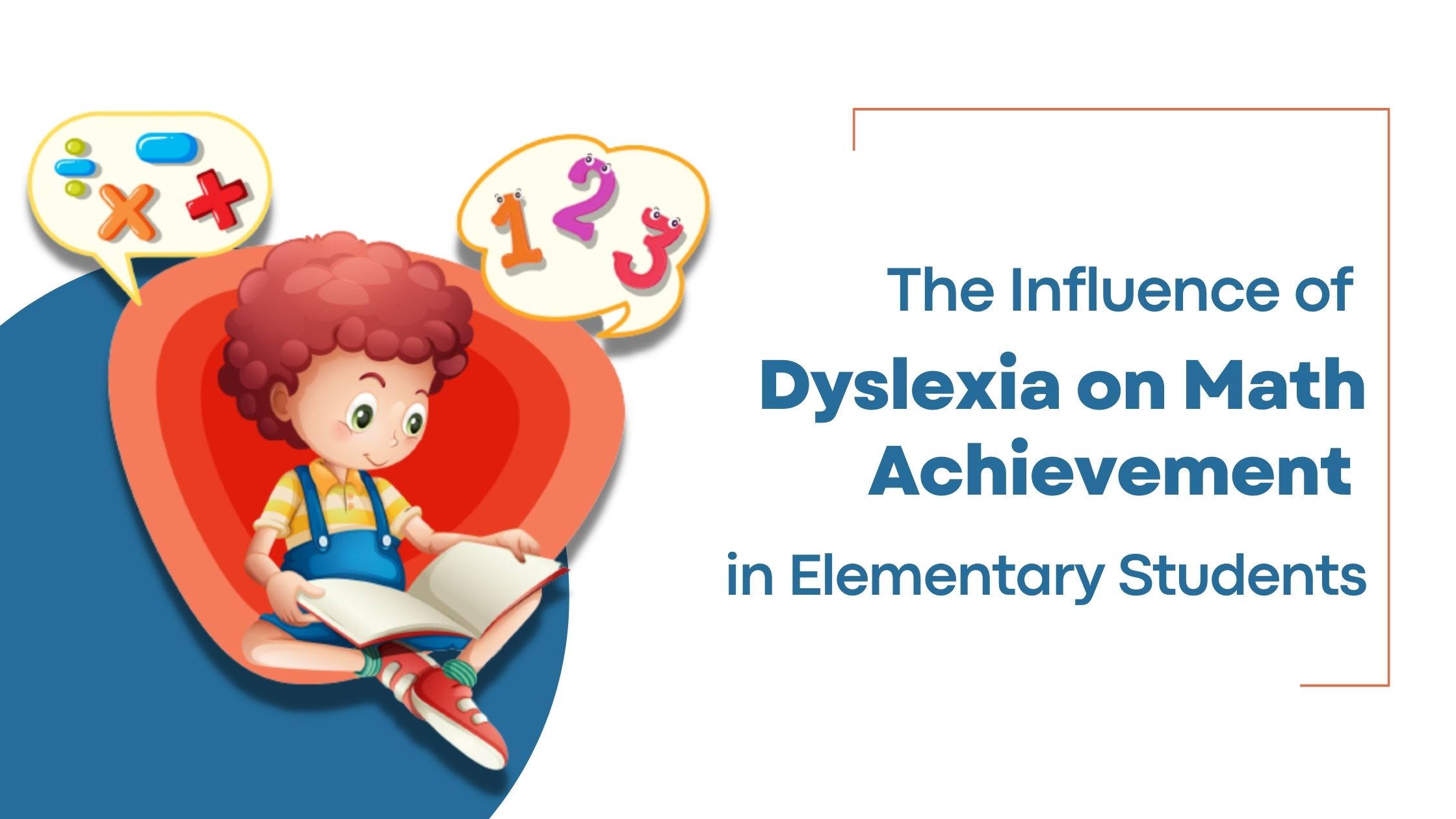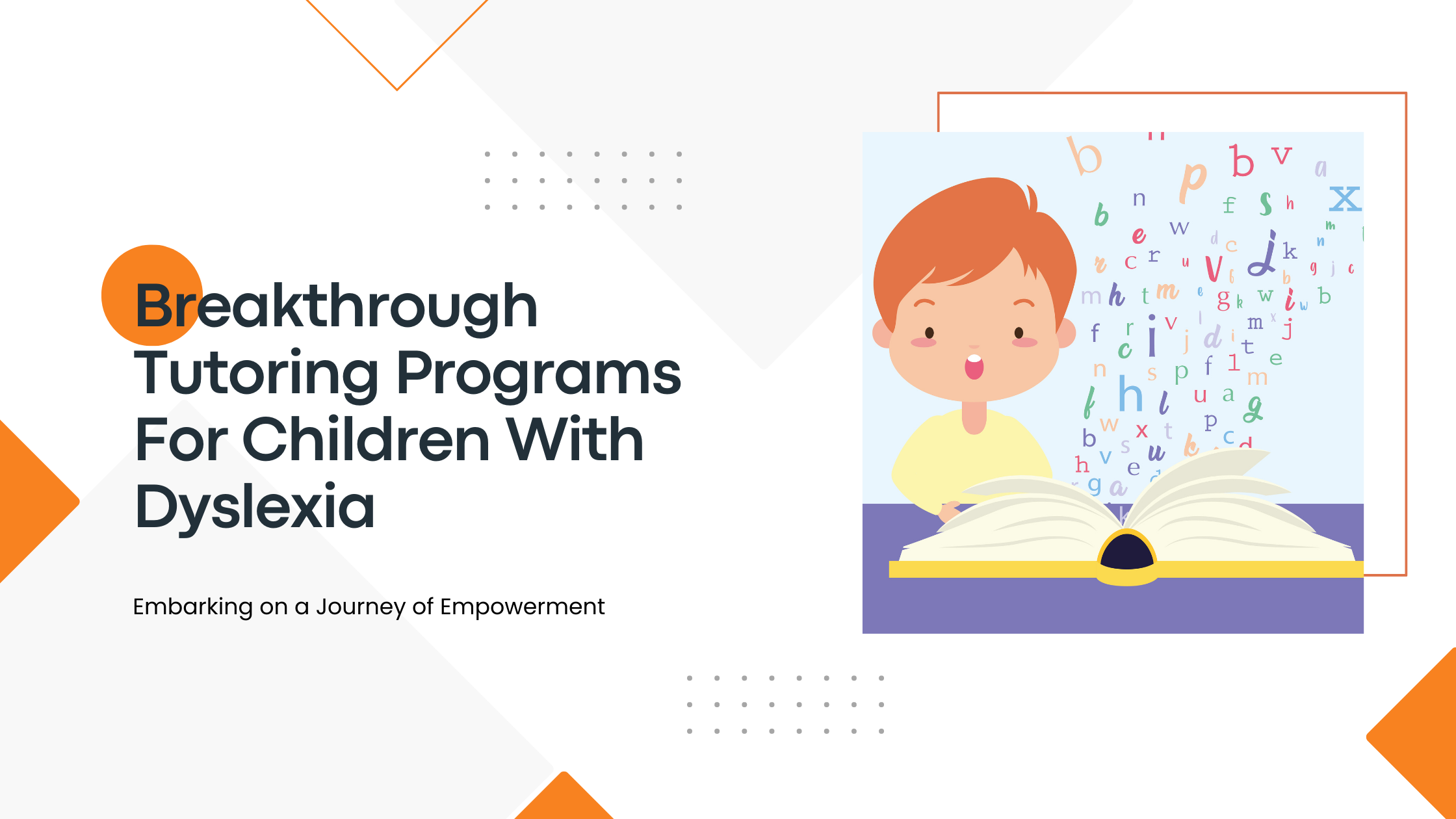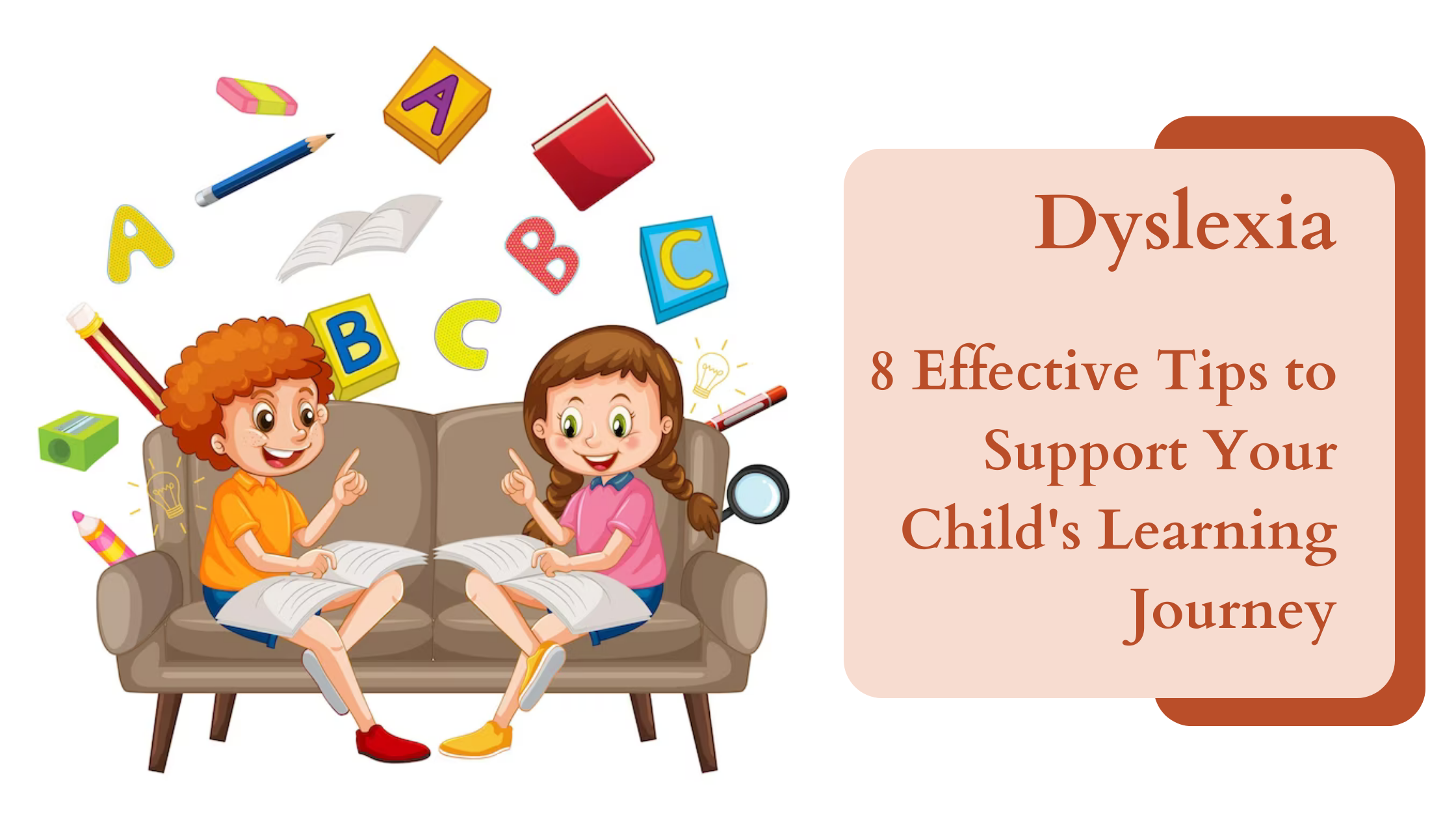An Overview
We are all aware of the fact that every child learns at a different pace and manner. How they access the curriculum at school is not always clear-cut. The unique learning process of a child does not always allow them to absorb all of the information adequately, thereby leading to anger, frustration, and even depression at times.
If you feel that something is not right and your child seems less than enthusiastic about school lately, then it can be a sign that your child is struggling. The key to understanding the root cause of the issue is open communication and comprehending how to identify school struggles at an early stage.
The longer it takes for a child to receive the help that they need, particularly when it is related to school, the more lost they become. After all, the lessons in school continue to move forward even if your child is not able to keep up with them, and ignoring the issue only makes the problem worse.
In this article, we, at Strategic Learning Clinic, will highlight several signs that your child may be struggling when it comes to learning which can also be potential signs of a learning disability.
Also read: How To Help Your Child Become A More Fluent Reader
Signs That Your Child Is Having Difficulties Learning
1. Conversations About School Become Off-Limits
If your child has always been enthusiastic about telling you what is going on in school and then suddenly stops doing so, then there may be something wrong. You must take a careful look at how much time they are spending on their tablets or phones as a way to escape.
This may be an early hint. As well, your child may be having issues, if they seem like they are always bored. Boredom may be caused by being unable to understand a subject. Your child may be going through these problems even if they suffer from a learning disability, and there are several common learning difficulties including Attention Deficit Hyperactivity Disorder (ADHD) or subject-specific learning disorders.
2. Shows Physical Symptoms
If your child is experiencing changes in eating patterns, having problems sleeping, or is constantly complaining about pain, then they may be struggling in school. For example, issues related to eating and sleeping are usually caused by worry, mainly if they know that they are not keeping up with the rest of the class on their school work.
This is more commonly seen in younger children when they are going through stress or anxiety. They may start complaining about stomachaches or headaches or complain about being sick. Young kids usually do not yet have an understanding of emotions and are unable to describe them. Therefore they usually describe symptoms in their body.
They also want to please their parents and teachers and may be worried that if they do not do well in school, the adults in their lives will be upset with them. On the other hand, older children are more aware of the overall significance of school and their future and may be worried about their success if they start lagging behind. Both situations can result in physical symptoms and complaints.
3. Teachers Show Concerns
For parents, it can be easy to negate any concerns that teachers raise about their children. Naturally, you believe that you know your child more than the teachers. However, if your child’s teachers observe any difference in their behavior, they can be right. After all, they spend quite a lot of time with your child during the week.
They might see things that you don’t. If your child misbehaves and their teacher shares it with you, then you should know that it may be a cry for help. The best way is to engage with your child’s teachers and work with them to understand your child’s struggles.
4. Spends Too Much Time On Homework
If your child appears to be falling into a pattern of having less to no free time outside of school because they spend most of their time completing homework, then this may be a sign that there is a problem.
It should take roughly 30-45 minutes for your child to finish their homework if they are in primary school, whereas high school students should spend one hour every night working on their homework for a dual credit course.
5. Misbehaves At School
At times, misbehavior at school can be your child’s way of trying to take off attention from the fact that they are struggling with schoolwork and learning. Children usually lack several skills needed to speak up and precisely say what is it that they are having trouble with.
Children between the ages of 8 to 11 usually exhibit behavioral problems if they are having difficulties at school. They may display outbursts, aggression, or defiant behavior. In the case of teenagers, warning signs may include more serious behavioral issues such as using substances, getting into fights, getting suspended from school, or skipping classes.
6. Low Grades Despite Studying Hard
Usually, parents see low scores as a basic equation: if a child scores less or fails a test, that must mean that they did not study enough. However, the truth is that weak grades are an early indicator that your child is struggling.
This is why it is necessary for parents to take an active part in their child’s study habits. It gives the parents a chance to determine personally whether the child has studied thoroughly for an upcoming test or not.
If the child has studied thoroughly and still could not score well on the test, there may be a deeper issue. For instance, your child may be struggling with a learning disability and does not even know it. If you suspect that your child has a learning disorder, then you must get in touch with the teachers as well as local physicians/psychologists for any screenings and advice.
To Sum It Up!
If your child is experiencing learning difficulties and is struggling in school, seek outside help right away. Trust your gut, pay attention to the warning signs, and don’t wait for things to get worse. Our team at Strategic Learning Clinic can help guide you in the right direction.
Also read: Best Approaches to Working with Students with Dyslexia.



